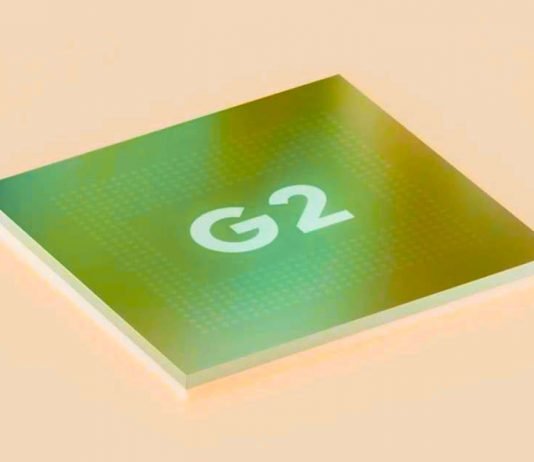The Pixel 7 series is expected to be launched this fall, featuring the next proprietary Google processor, “Tensor G2”. Google has said the processor will offer enhanced features for photos, videos, security and voice recognition but didn’t provide details.
Although, the benchmark test results of the new Google Tensor G2 chip have been revealed. Google is jointly developing the Tensor G2 with Samsung.
Android developer Kuba Wojciechowski has shared the results of his research on Twitter about what the Pixel 7 Pro and its Tensor G2 chip bring in terms of performance — spec-wise does not appear to have changed much.
The information appeared on the Web, according to which the latest Tensor G2, used in the upcoming Pixel 7 and 7 Pro, managed to score only 1068/3149 points in the Geekbench 5 test. For comparison, last year’s Snapdragon 888 from Qualcomm scored 1115/3581 points.
Looking at the specs, it appears that Google hasn’t made many changes to the CPU cores employed between last year’s Tensor and this year’s Tensor G2. The combination of two Cortex-X1 cores, two Cortex-A76 cores and four Cortex-A55 cores is the same, but the clock frequency is slightly improved. Combined with these slight speedups and the use of a smaller 4nm die size, the multi-core benchmarks of the Tensor G2 and Pixel 7 Pro seem to improve by around 10%.
Given the architectures adopted by Google, it is evident where the difficulty lies and why the Google Tensor G2 is not capable of competing with the Snapdragon 8 Gen 1. The Qualcomm chip uses a much higher CPU configuration since it has a Cortex-X2 core at 3 GHz, three Cortex-A710 cores at 2.5 GHz and four Cortex-A510 cores at 1.8 GHz.
However, the Pixel 7 Pro’s Tensor G2 will likely improve GPU specs significantly. Switching from Mali-G78 to Mali-G710 promises 20% better performance, 20% better power efficiency, and 35% better for machine learning applications, one of the keys focuses of the Tensor line.
Google intends to equip the Tensor G2 with a next-generation Tensor Processing Unit (TPU) — codenamed “Janeiro” — and the Pixel 7 series will benefit from this. We also know that the Pixel 7 Pro is likely to have 12GB of RAM, similar to the Pixel 6 Pro.
If these performance numbers are confirmed in the final version of the Google Tensor G2, this SoC will fall somewhere in the current mid-range and will not be considered a flagship-level smartphone.
It is clear that when the Snapdragon 8 Gen 2 launches, scheduled for the end of the year, the Google Tensor G2 will position itself even worse and will be framed directly in the mid-range.
